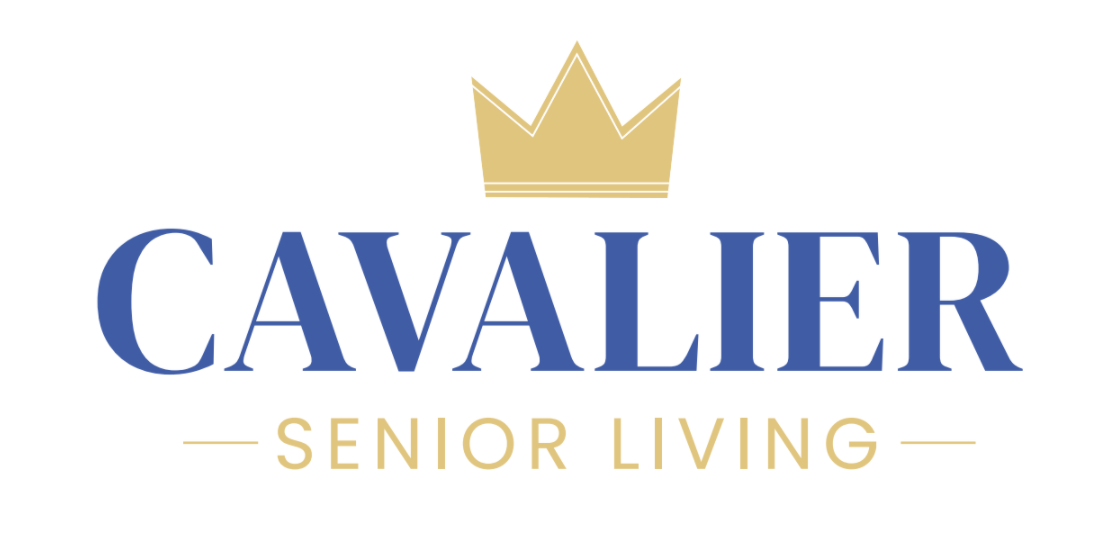What is “dementia”?
Dementia is a general term for a decline in mental ability severe enough to interfere with daily living. It is not a specific disease; instead, it is an overall term used to describe the changes in mental ability that affect daily living/functioning. In particular, Alzheimer’s Disease is the cause of 60-80% of all dementia and is the most commonly referred to case of dementia. Vascular dementia is the second most common cause, often after a stroke or severe coronary artery disease.
What is memory loss?
Memory loss is defined as the inability to remember events for a period of time, often due to brain injury, illness, or aging. Common symptoms of memory loss might include forgetting recently learned information or important dates. It may be that the person repeatedly asks the same question over and over or relies on family to remind them of things they used to do on their own. In more dangerous circumstances, people with memory loss might get lost while out driving or forget where they are.
Communication/Language Problems
- Trouble following or joining a conversation
- Stopping in the middle of a conversation, unable to complete thought
- Can’t find the right word
- Calling common items by the wrong name (a watch may be called a hand clock)
Ability to Focus/Pay Attention
- Difficulty staying focused on a conversation
- Difficulty paying attention to TV, Movie
- Having problems following a discussion or conversation
- Having problems understanding what is said
Reasoning and Judgement
- Giving things of value away
- Making poor decisions
- Paying less attention to grooming or clothes selection
- Not taking care of things that have always been valued by the individual
Visual Perception
- Difficulty reading
- Difficulty judging distance or color
- Not recognizing their own image when passing a mirror, thinking someone else is in the room
Diagnosis and Early Intervention
If you have a loved one who is experiencing symptoms of dementia, it is critical to get a diagnosis and begin early intervention. There are many new medications which help slow the progress of some forms of dementia. This allows other non medical interventions to be more
effective. Additionally, it allows for planning and getting individuals desires and needs for long term care known.

